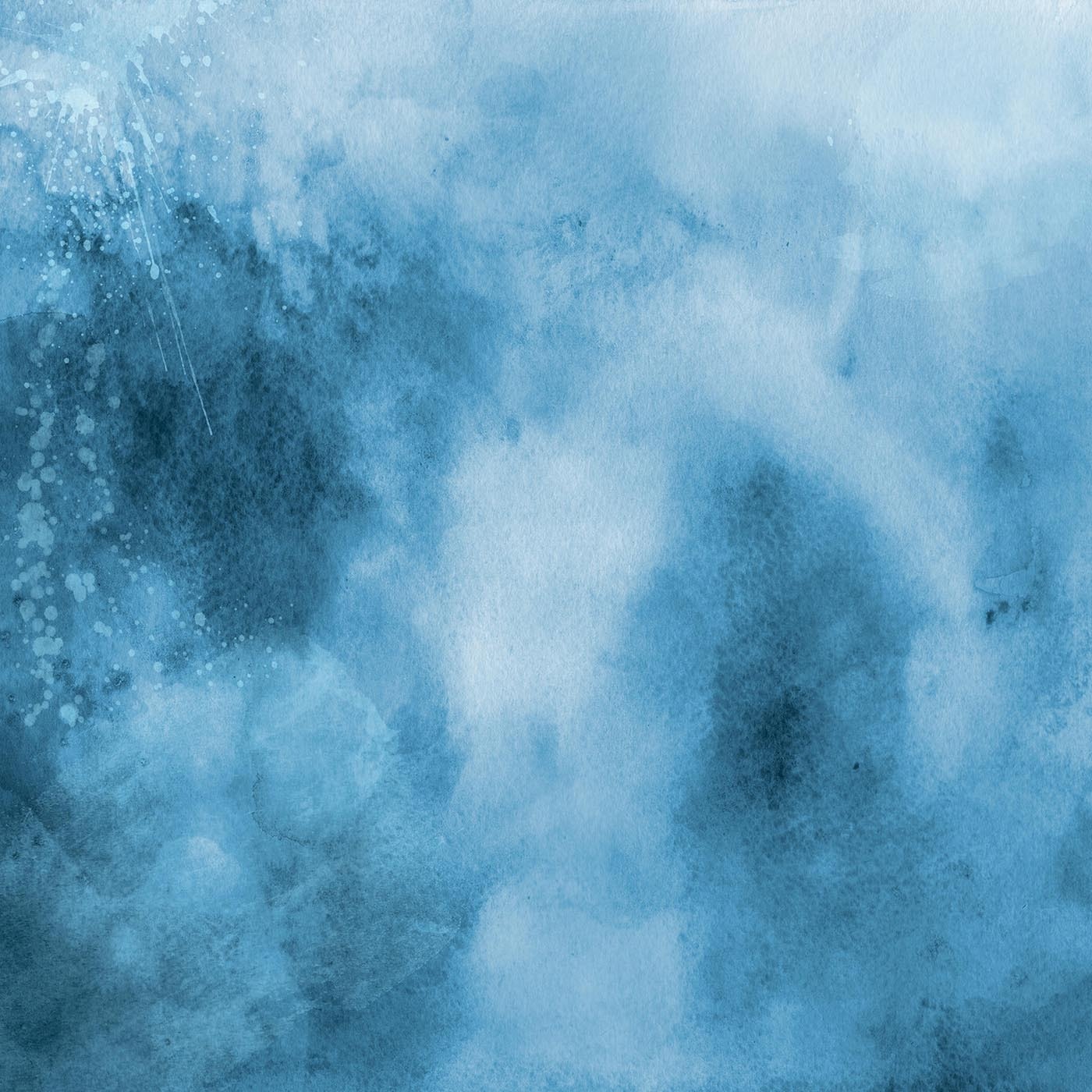
Cooked octopus
We proudly present: Wester Rock Octopus from Australia! Caught in the waters of Western Australia by just two boats. One of them is the VG, owned by Simon Bryant, our ambassador. The octopus is caught using pots, a very selective catching method. This Octopus product is the only one with MSC label for sustainable fishing available in the Benelux! We already cooked the tentacles for you, so ready to eat. Just grill it shortly or toss it in a salad. Enjoy!



Simon Bryant has been fishing for as long as he can remember. As a young boy, he stood on the dock and now he sails as captain of his own vessel: the VG. Simon loves silence. No crowds, no rush. Just the ocean, his boat, and the crisp morning air. In search of the tastiest octopus! Alongside Simon and the VG, one other boat heads out daily to catch the best octopus for Fish Tales.

This is a true first: Fish Tales octopus is the very first MSC-certified octopus available in the Benelux! It’s caught off the coast of Australia by Simon and his fellow fishers. This specific species – the Western Rock Octopus – only lives in Australian waters. It feeds on crab and lobster, giving it a sweet flavor and tender bite.
Fish Tales octopus is packed raw and then cooked directly in its packaging. During cooking, some natural liquid is released – that’s what you see in the pack. And that liquid is full of flavor! Perfect for cooking: use it in risotto, paella, stews or to build a rich sauce.
Don’t throw it out! That liquid is packed with flavor and perfect for cooking. Use it in risotto, stews, or as the base for a sauce. You can even boil potatoes in it! Want more inspiration? Head to our recipe page!
Yes! Our octopus is fully cooked and perfectly safe to eat cold. The tentacles are vacuum-packed raw, and then cooked inside the packaging. That locks in flavor and kills any bacteria. Want extra texture? Give it a quick grill or sear – just don’t overcook it, or it can turn rub
Absolutely! A 100-gram serving of octopus contains enough omega-3 fatty acids (EPA/DHA) to meet your daily recommended intake of 200 mg. Great for your heart, brain, and blood vessels. And just like many types of fish, octopus is also rich in iron and vitamin B12.
Octopus has a mild, slightly briny flavor and a tender bite. Think squid – but juicier and richer in taste. Delicious in tapas, salads, or simply grilled with lemon and olive oil.
Octopus is becoming more and more popular as a delicacy. At the same time, we know they’re incredibly intelligent creatures – sometimes compared to pigs or even dogs. That’s why we believe that if you choose to eat octopus, it should be sourced the right way. Our octopus is caught one by one using traps in a small-scale, MSC-certified fishery in Australia. No bycatch, no damage to the ocean floor, and strict monitoring of how much is caught. So you can enjoy it with peace of mind – if you choose to.
“Traps and pots” is a collective term for techniques using cages, pots, or baskets to catch seafood. Fish Tales octopus is caught using traps – closed pots placed on the seabed with artificial bait inside. When an octopus crawls in and touches the bait, the door snaps shut. The trap is then pulled up, and the octopuses are removed one by one and humanely killed.
This fishery in Western Australia is small-scale and very well managed. The number of boats and the catch volumes are low compared to the healthy local octopus population. Since octopus enters the traps voluntarily, there is no bycatch. The traps rest on the seabed, so there’s no damage to the ocean floor. Every catch is recorded, and scientists monitor how many octopuses remain in the sea to keep the balance just right. The fishery has been MSC-certified from the very beginning, and it’s strictly monitored – both by the Australian government and independent certification bodies.

